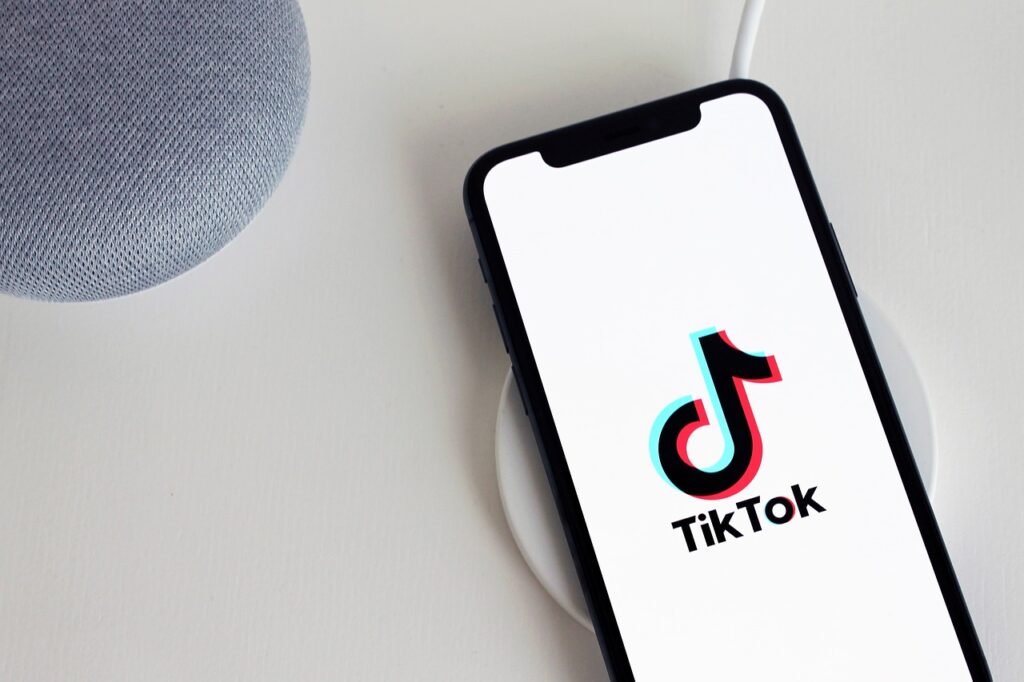Tiktok tracks a lot of information, apparently some info from journalists and politicians but should you have the app? Talk about the tradeoff w privacy and that a nationwide or even school wide ban would be hard to implement
Tiktok’s Security Risks
Tiktok, a prominent yet controversial social media app has faced backlash over the past three years due to security concerns and the company’s complicated relationship with China. ByteDance, Tiktok’s parent company, is allegedly all under Chinese control and could be sharing sensitive info of Americans with the country. Tiktok has extensive data collection and third party sharing policies that often lack transparency. In 2022 the social media giant admitted to tracking ip addresses/locations of two American journalists who were reporting on security issues with the company. General Nakasone, commander of the US Cyber Command, claims “[China can] touch the data at any time they want to touch this data. This concerns me,”
Because of these concerns, former President Trump signed an executive order banning the app unless TikTok partially sold it to American companies. The order was never enacted and later revoked by President Biden, who is now attempting an evidence-based approach with the company, an investigation that hasn’t made much progress in the last year.
Federal, state, and University-Wide Bans
In the meantime, the federal government has banned Tiktok from all federal devices and some states (such as Texas and Montana) have followed suit. Montana banned Tiktok from all personal and public devices while Texas only banned the app from state-issued computers and phones. Either way, this puts pressure on public universities to ban the app as well and according to Time magazine, at least 20 colleges have restricted use of the app, on either University-issued devices or on the school’s wifi network. While many official university Tiktok accounts have now been taken down, students have been able to evade bans using cellular data or VPNs.
Can Tiktok Bans Be Securely Implemented?
While a federal ban on Tiktok could be a possibility, the question of whether or not it can even be executed correctly is still up in the air. Some cybersecurity researchers argue that bans would cause users to engage in riskier cyber behavior and put national security at a greater risk. For example, Texas A&M University banned Tiktok from being used on the school’s wifi network but students have been turning to VPNs to circumvent the problem, VPNs however are vulnerable to breaches and can pose risks in themselves. The Conversation also floats the idea of using DNS sinkholes to prevent users from accessing the domain on their computers, but users can configure their DNS settings as a workaround. Finally, the app could just be banned from the app store but there are ways to download apps that circumvent the traditional app stores on both iOS and Android devices.
Should You Delete Tiktok?
Unless New York State enacts a ban on Tiktok, there is little chance Fordham will ban the app from its network, however whether you should keep the app is a matter of personal choice. While the big concerns are for federal employees and politicians, having your location data available for purchase on any app, especially one with such few access controls can be a risk. The app’s murky policies may also impact political activists as well whose vulnerable location data can leave them subject to targeted attacks.

